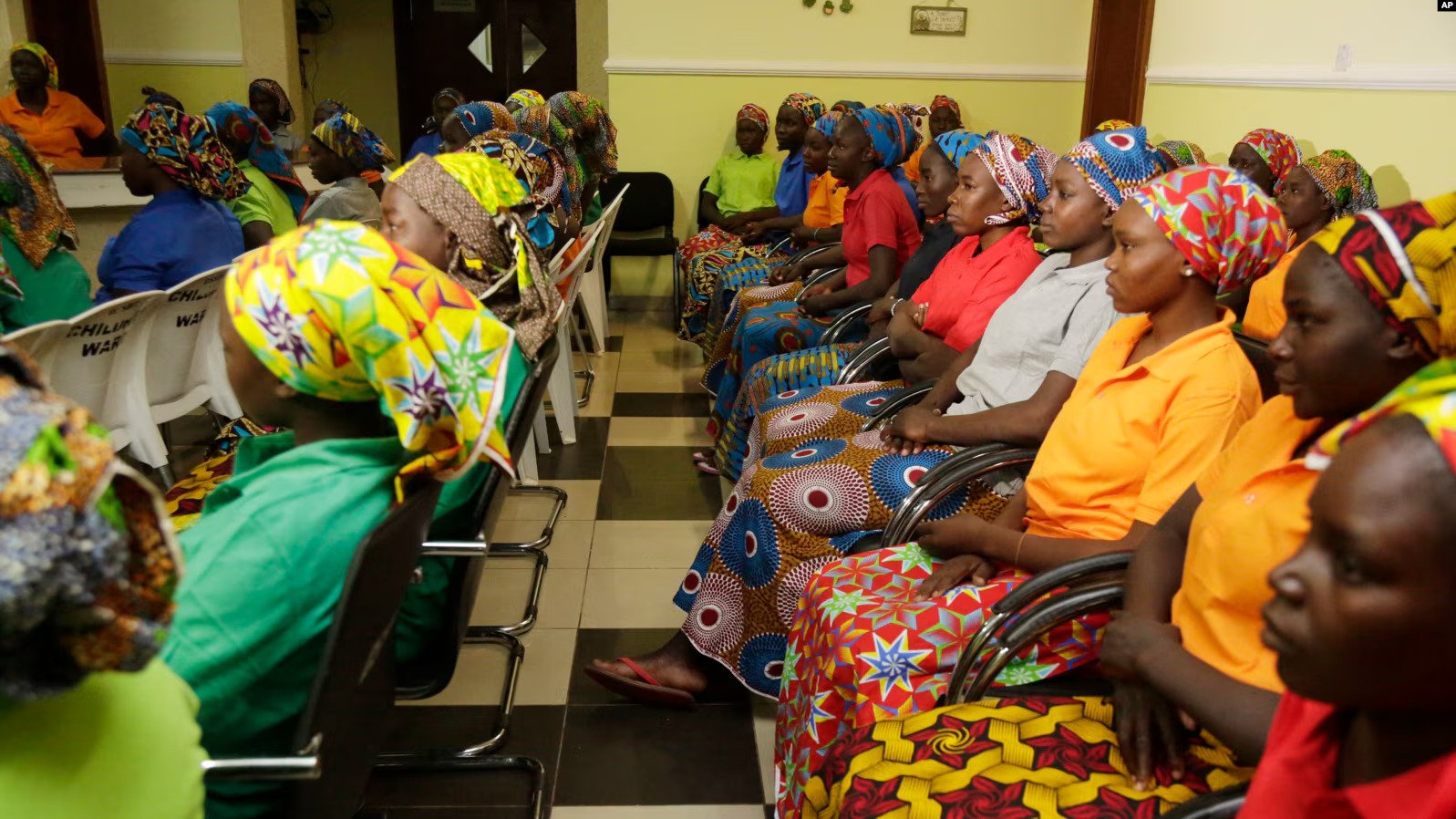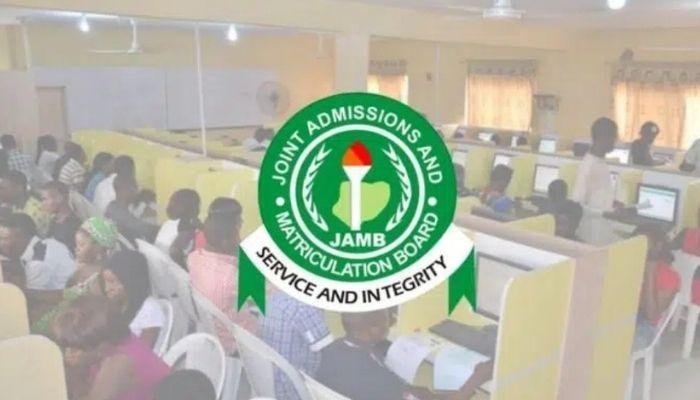Girls and Young Women Freed from Boko Haram: Continuing Struggles and the Need for Support

Source: CNN
Introduction
The horrors endured by girls and young women at the hands of Boko Haram have been well-documented, but their suffering often continues even after escaping captivity. Amnesty International’s latest report, “‘Help us build our lives’: Girl Survivors of Boko Haram and Military Abuses in Northeast Nigeria,” highlights the severe hardships these survivors face, including unlawful military detention, neglect, and inadequate support for reintegration into society. This article delves into the key findings of the report, the ongoing challenges faced by these survivors, and recommendations for providing the necessary support to help them rebuild their lives.
Key Highlights
- Atrocities by Boko Haram: Girls and young women abducted by Boko Haram experienced forced marriages, sexual violence, and were often forced to bear children for their captors. Some were witnesses to executions of women who resisted or took contraceptive pills.
- Military Detention and Neglect: Upon escaping Boko Haram, many survivors were unlawfully detained by the Nigerian military, suspected of association with the insurgents. Amnesty’s report reveals that from 2015 to mid-2023, 31 women were held in military barracks, enduring further abuse and hardship.
- Inadequate Support Systems: Survivors face significant challenges in displacement camps, with limited access to specialist support. Many were reunited with their Boko Haram “husbands” in government-run transit camps, which exposed them to further risks of abuse.
- Health and Social Consequences: The survivors suffer from long-lasting health issues, educational disruption, and social stigma. The abuse has had profound impacts on their physical and mental health, social reintegration, and overall well-being.
Recommendations
- Specialist Reintegration Support: There is an urgent need for tailored support programs that address the specific needs of these survivors, including psychological counseling, healthcare, and educational opportunities.
- Strengthening Legal Protections: The Nigerian government must ensure that survivors are not unlawfully detained and that their rights are protected. Implementing and enforcing laws against gender-based violence and ensuring accountability for abuses is crucial.
- Community Sensitization and Reintegration: Efforts should be made to reduce the stigma and social exclusion faced by survivors. Community-based programs that foster acceptance and support reintegration are essential.
- International Collaboration: Global partners and international organizations should work with the Nigerian government to provide the necessary resources and expertise to support these survivors effectively.
Conclusion
The plight of girls and young women who survived Boko Haram’s brutalities is a stark reminder of the ongoing challenges faced in conflict zones. As Nigeria celebrates its democratic progress, it is imperative to address the needs of these survivors, ensuring they receive the support necessary to rebuild their lives. By taking decisive action to protect and empower these young women, Nigeria can demonstrate its commitment to upholding human rights and fostering a just and equitable society.
Read more about this story here: https://childreninfobank.com/safebank/girls-freed-from-boko-haram-in-nigeria-face-further-detention-and-abuse-by-military-amnesty-report-finds/
Find the link to watch it on YouTube here: https://youtu.be/AHbqrtu53vE?si=cLKL1f3cg0d5GGFa
Source of Image: https://www.voanews.com/





